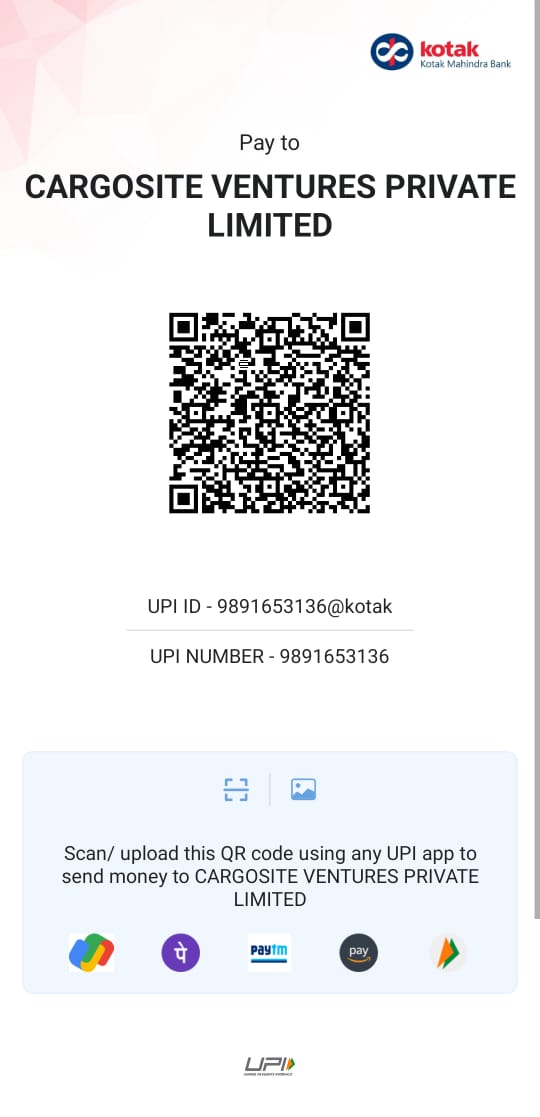EPR (Extended Producer Responsibility)
The Plastic Waste Management Rules, 2016 introduced the concept of EPR to manage plastics in India. The Union Ministry of Environment, Forest and Climate Change (MoEFCC) released a draft EPR policy for management of plastic waste in India on October 6, 2021.
Link:
(A) Plastic Waste management Rules 2016:
(B) EPR Policy released on 6 Oct 2021:
Achievements of the draft EPR policy:
- Brand owners and e-commerce players have been brought under the ambit of EPR.
- EPR is now applicable to both pre-consumer and post-consumer plastic packaging waste.
- Producers and brand owners (PIBO) have finally been assigned targets for collection of plastic waste that they put out in the market.
- Provisions and targets for collection, re-use (by brand owners), recycling (by PIBOs) & use of recycled plastic (by PIBOs) have been laid out.
- Bi-annual plastic characterization studies.
E.P.R. refers to "Extended Producer Responsibility" which is an environmental & economic approach to administering the product's lifecycle. It encompasses the prevention, proper disposal & systematic recycling. EPR certificate is a registration through which the government has given an extended responsibility to the producer to channelize the E-waste generated into the markets.
EPR certificate is a mandatory registration by the CPCB (Central Pollution Control Board) under MoEFCC (The Union Ministry of Environment, Forest and Climate Change), Government of India for channelization of E-Waste. EPR authorization is applicable to all manufacturer, importer, producer, consumer, bulk consumer, dealers, e-retailer involved in manufacture, sale, transfer, storage and processing of e-waste or electrical and electronic equipment, including their components, consumables, and spare parts.
Three Ways to collect back E-Waste:
1. Through own distribution channel
2. Tie-up with Urban Local Bodies (ULBs)
3. Work with PROs and waste management companies
Document Required for EPR Authorization
- Legit address of the proof producers/importer.
- Copy of G.S.T. certification reflecting the address of the business place.
- Copy of business certification granted by R.O.C.s or Directorate of Industries or Local Body, or DGFT.
- Copy of Certificate / Document.
- Items details such as the batch number and model number.
- Details of electronic goods offered to market (in chronological orders reflecting quantity, number and weight etc.)
- During last ten years. Valid BIS registration.
- Copy of I.S.I. mark or BIS registration number, if applicable.
- Details related to the Reduction of Hazardous Substances (RoHS) compliance.
- Estimated generation of WEEE.
- Extensive EPR plan encompassing detail relating to collection method.
- Challenization of e-waste, website information,etc.
- Details of upcoming awareness programs.
- Budget for accumulation & challenization schemes.
- Self-declaration related to RoHS compliances.
- Declaration regarding the management of technical documents on RoHS as per EN50581.
- Legal consent granted by the concerned department/ministry for selling their product.
- Copies of agreement with dealers, collection centres, and recyclers.
- Copy of agreement with TSDF (in case of CEEW5).
- Copy of agreement with PRO (Producer Responsibility Organization) (if applicable).
Registration Process
Process of EPR Authorization is divided into following steps:
Step-1: Application with required enclosures
Step-2: Review of Application by CPCB
Step-3: Submission of additional information, if required by CPCB
Step-4: Grant of Certificate by CPCB

